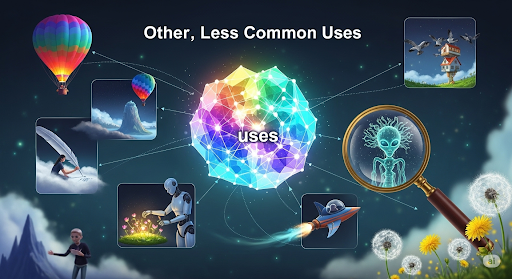Lexes: Meaning, Usage, and Contexts Explained

The word “lexes” is one of those terms that can look a bit unusual to the average reader. At first glance, some might even think it’s a typo for “Lexis” or “Lexus.” However, it’s a legitimate word with clear linguistic meaning, and understanding it can help you in academic, legal, and language-related fields.
1. The Core Meaning of Lexes
The most common and correct meaning of lexes is:
- The plural form of “lexis.”
In linguistics, lexis refers to the complete set of words in a language — essentially, its vocabulary or lexicon. When we talk about more than one vocabulary set, the plural form becomes lexes.
Example:
“Different lexes of English exist in legal, medical, and everyday conversation.”
Here, each lexis is a unique vocabulary group, and lexes refers to all of them collectively.
2. Etymology and Origin
The term lexis comes from the Greek word λέξις (léxis), meaning “speech,” “word,” or “phrase.” English borrowed it through Latin, where it retained its connection to vocabulary. The pluralization into lexes follows normal English rules — simply adding -es to nouns ending in “-is.”
3. Other, Less Common Uses

While “lexes” is mainly a plural noun, it can also appear in rare contexts as:
- Verb form — the third-person singular of the verb “to lex.” This verb form is uncommon but can mean to analyze or extract vocabulary from a text.
Example: “The software lexes the document to build a glossary.” - Brand or creative name — Some startups, tech products, or even usernames online adopt “Lexes” as a brand identity. In these cases, the meaning depends entirely on the creator’s intent.
4. Lexes in Linguistics
Linguists often break down a language into different lexes for more detailed study. These can include:
- Domain-specific lexe – e.g., business lexe, legal lexe, or medical lexe.
- Regional lexes – vocabulary variations between British, American, and Australian English.
- Historical lexes – word sets from different eras of the same language.
By analyzing different lexe, researchers can understand how vocabulary evolves, adapts, and overlaps between groups.
5. Common Confusions
Lexes vs. Lexus:
One is a linguistic term; the other is a luxury car brand. Similar spelling, entirely different meaning.
Lexes vs. Lexicon:
The lexicon is the total vocabulary of a language, while lexe refers to multiple separate vocabulary sets.
6. Why “Lexes” Matters
If you work in linguistics, translation, lexicography, or terminology management, knowing the term “lexe” can help you communicate more precisely. For example, if you are categorizing terms for an international law firm, you might say:
“Our database now contains separate lexe for maritime law, intellectual property law, and criminal law.”
This precise language makes it clear you’re talking about distinct vocabulary groups, not just general words.
Frequently Asked Questions About “Lexes”
Q1: What is the singular form of “lexes”?
A: The singular form is lexis. It refers to one complete set of words in a language.
Q2: Is “lexes” an English word?
A: Yes. It’s an accepted plural form in English, especially in academic, legal, and linguistic contexts.
Q3: Can I use “lexes” instead of “vocabularies”?
A: In casual speech, “vocabularies” might be more familiar. “Lexe” is better suited for technical or scholarly writing.
Q4: Is “lexes” a verb?
A: Rarely. In some technical contexts, it’s used as the third-person form of “to lex,” meaning to list or analyze vocabulary. But this is uncommon.
Q5: Where might I encounter the word “lexes”?
A: You’re most likely to see it in:
- Linguistic studies
- Legal language analysis
- Academic papers on translation or vocabulary
- Specialized dictionaries
Q6: Does “lexes” appear in everyday conversation?
A: Almost never. Most people would use “words,” “terms,” or “vocabularies” instead. “Lexe” is more of a niche term for specialists.
Conclusion
“Lexes” may not be a word you hear every day, but it plays a role in the precise language of linguistics and terminology studies. Whether you’re analyzing the specialized vocabulary of a profession, comparing regional word usage, or categorizing historical terms, knowing how to use lexe can make your writing and discussions sharper.
In short: Lexis = one set of words. Lexe = multiple sets of words. Simple in definition, but powerful in the right context.




